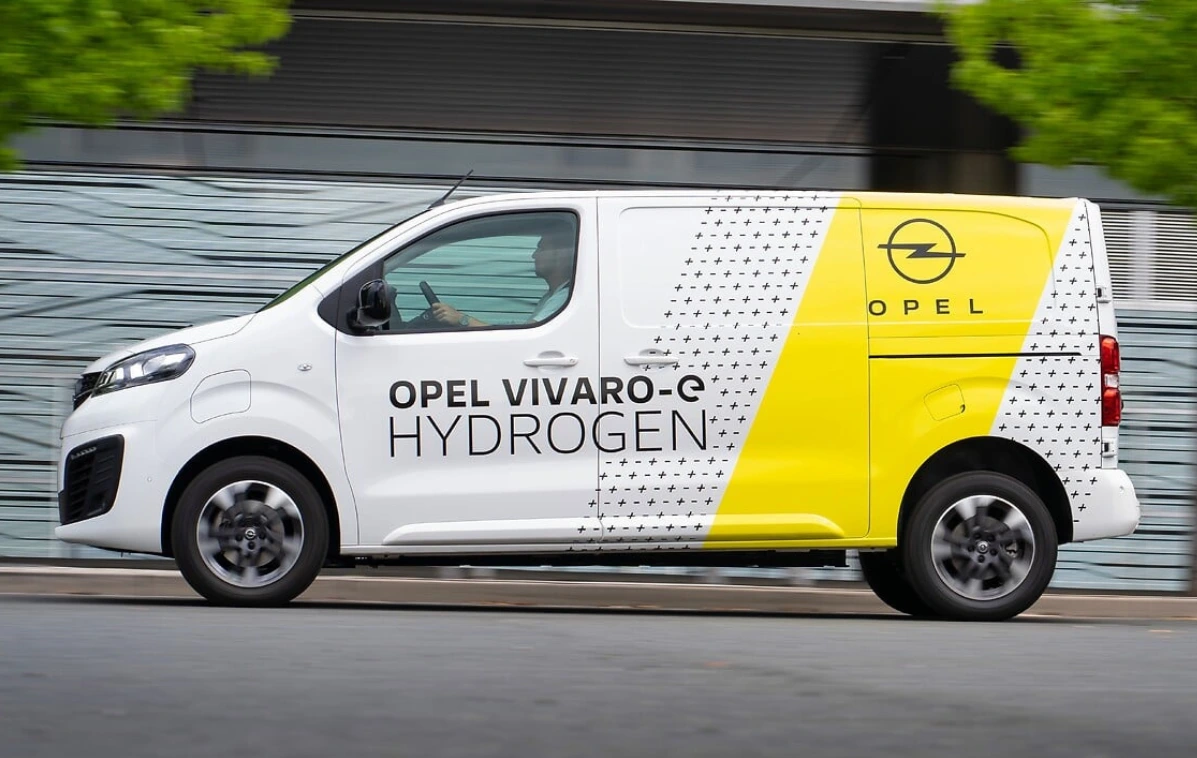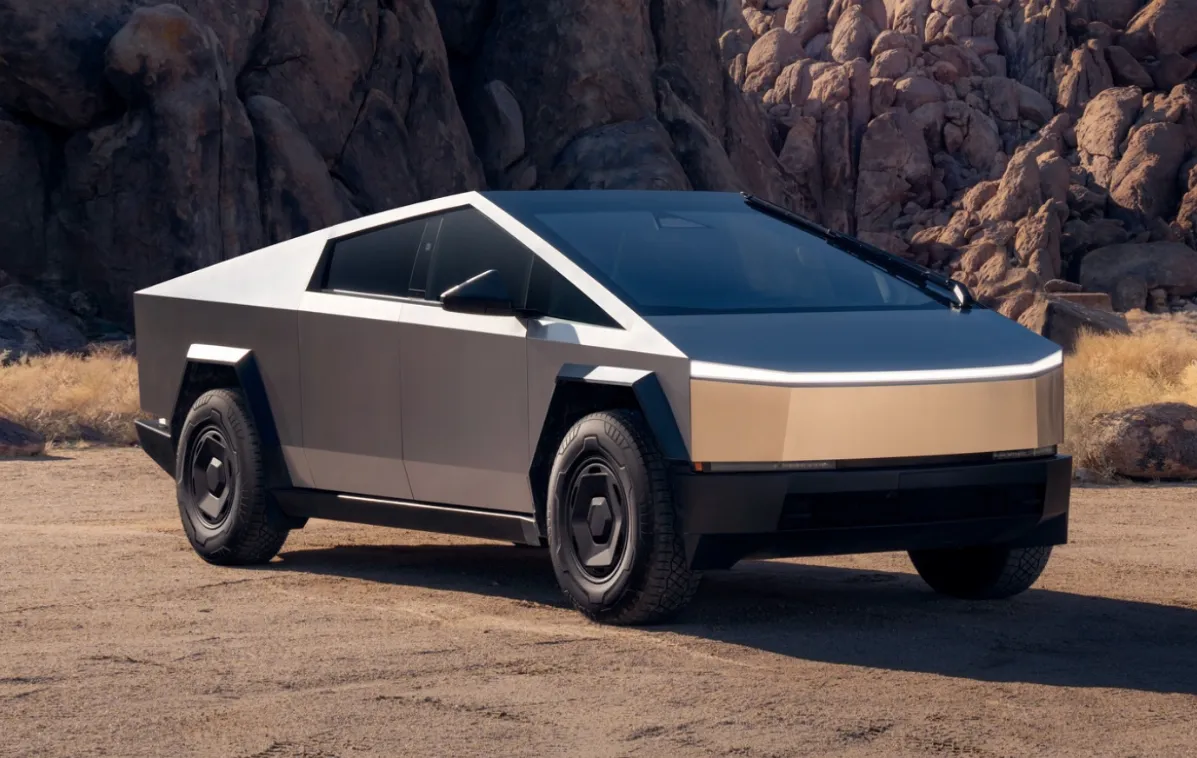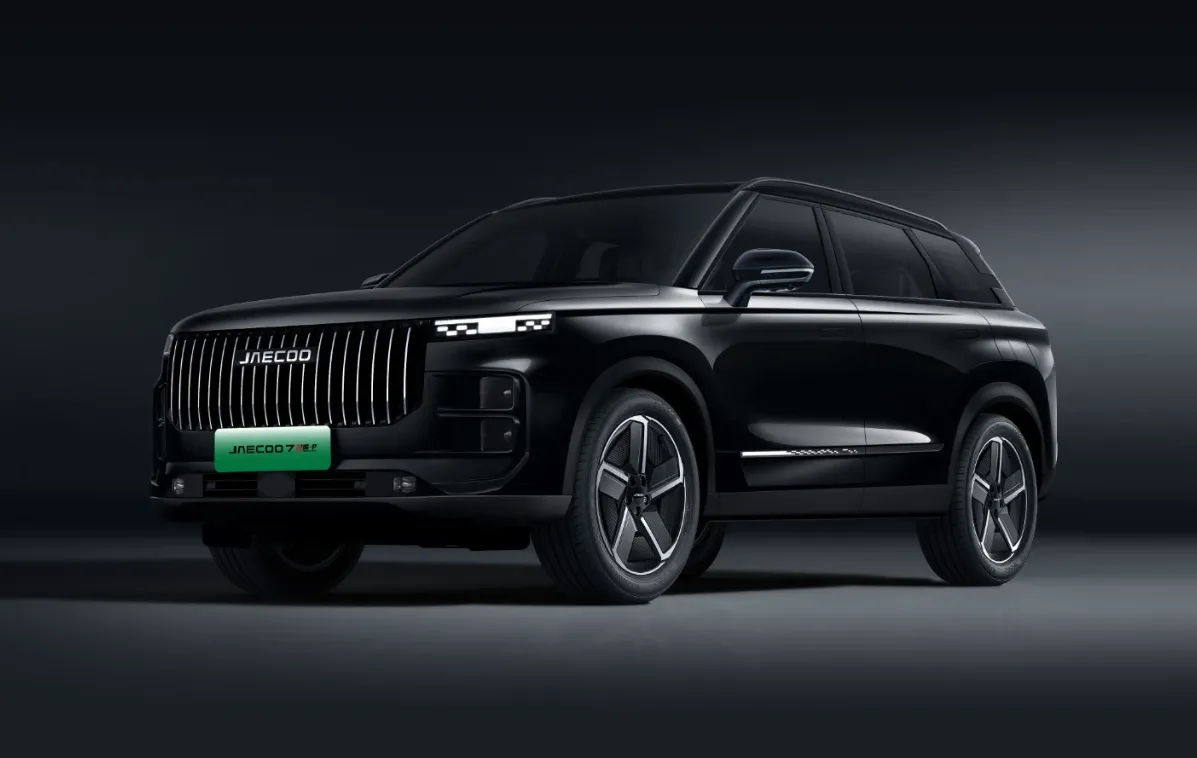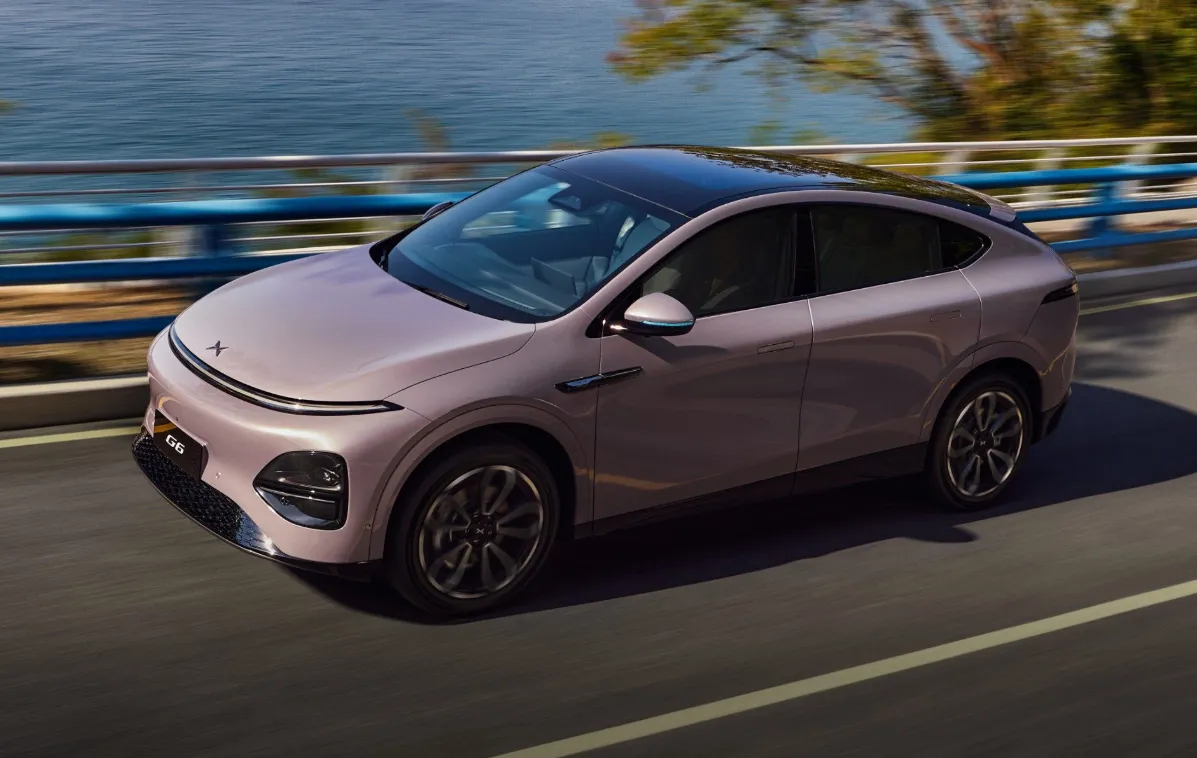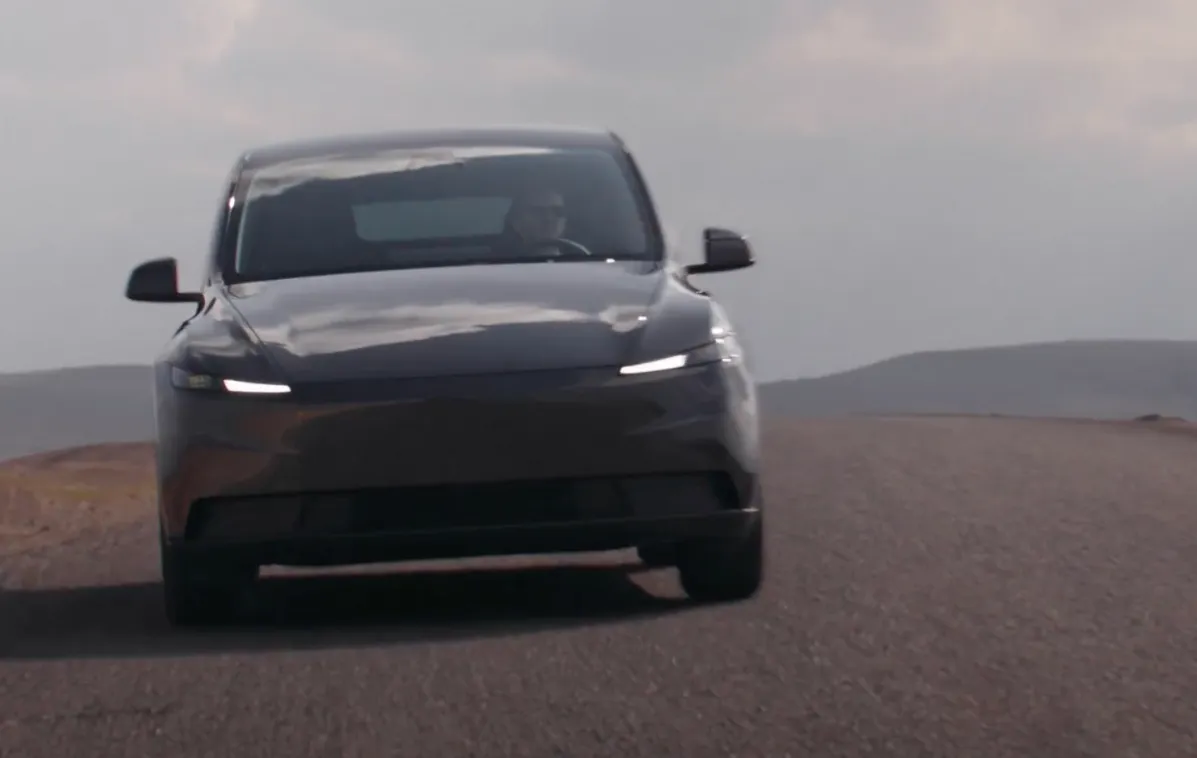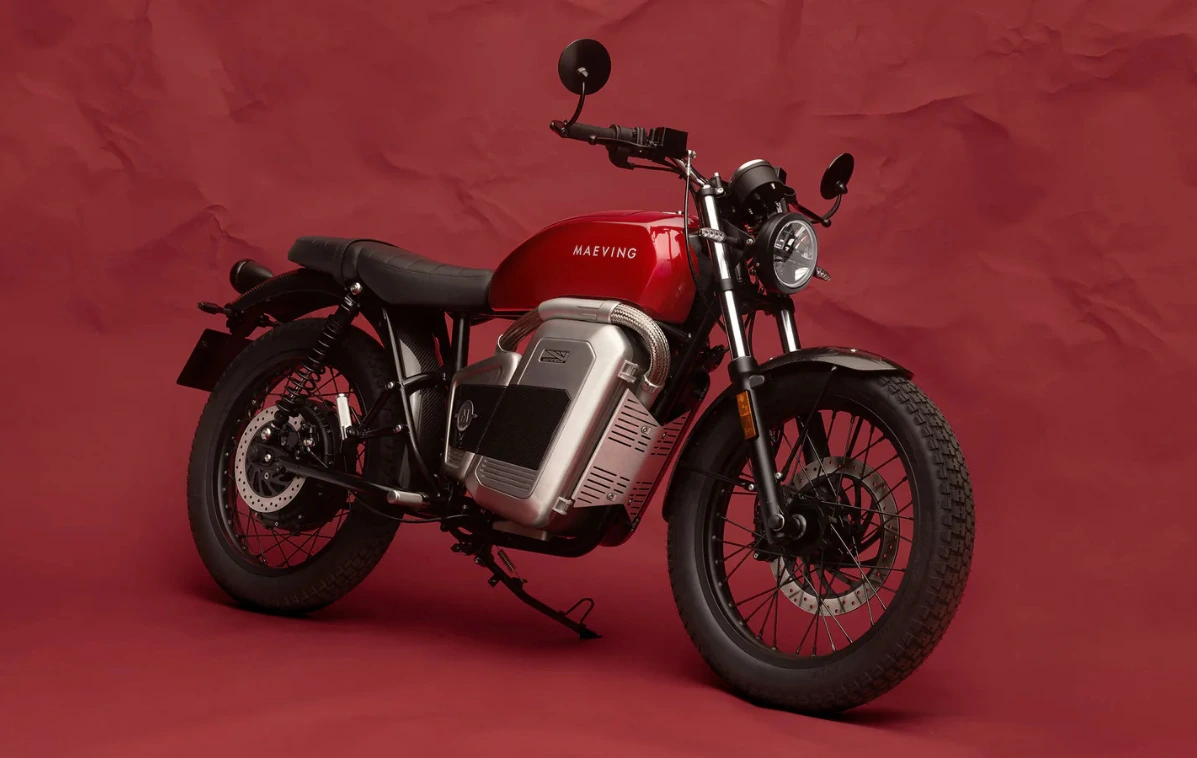There is always a lot of enthusiasm surrounding hydrogen, the benefits on the surface can seem pretty appealing: super fast refuelling time and zero emissions, just water. However, when you dig into the details, the reality is a bit more complicated than that.
In the past few years, the electric vehicle market has exploded in popularity, with more models on sale in the UK than ever before, at prices much lower than ever before too. Something like the Dacia Spring starts at under £15,000 and many cars are now available at under £25,000.
However, there is this ongoing narrative that EVs are only temporary and hydrogen based transport is the end goal. I won't go into all the details here, but the main reason that hydrogen hasn't taken off is mainly - the lack of infrastructure but more importantly, its the production process. Producing hydrogen is very demanding on electricity.
As it turns out, hydrogen vehicles are only around 25-35% efficient, when you factor in the production process and then converting it into electricity for use in the fuel cells. This means that if you take 100 watts of energy, you only end up with 25-35 watts at the end to move the car about.
Compare that to an EV, which are at least 80% efficient, again meaning that out of the 100 watts put into the car, you end up with 80 watts to drive around with.
We reported back in October that Vauxhall had began trialling hydrogen-powered vans in the UK and even before that, the Stellantis group was dabbling with plug-in hydrogen vans in 2021.
After announcing last week that it had cancelled all hydrogen plans for the UK market, Stellantis has now extended this to the entirety of Europe, with the production and the whole development programme completely cancelled. All the staff involved in the research and development have not been laid off, they have instead been reallocated to other projects. Going forward, Stellantis is going to focus on pure electric and hybrid based powertrains.
As recent as April 2024, the head of the hydrogen programme at Stellantis, Jean-Michel Billig said:
"In the coming decade, we expect a significant market share for [hydrogen], which could be up to 40 per cent for commercial vehicles."
Now the company has backtracked and product manager Fedele Ragusa saying:
“It is not the right time to push hydrogen. There is no investment in incentives and infrastructure, so we are not pushing it commercially.”
Other projects, such as the Hype H2 hydrogen taxis that were deployed in conjunction with Stellantis in Paris, France have been swapped out for electric equivalents, with the huge price of hydrogen to blame. In June this year, 22 hydrogen stations in Germany closed and in March, Toyota's hydrogen car sales fell by 55.8%.
Source: Stellantis

